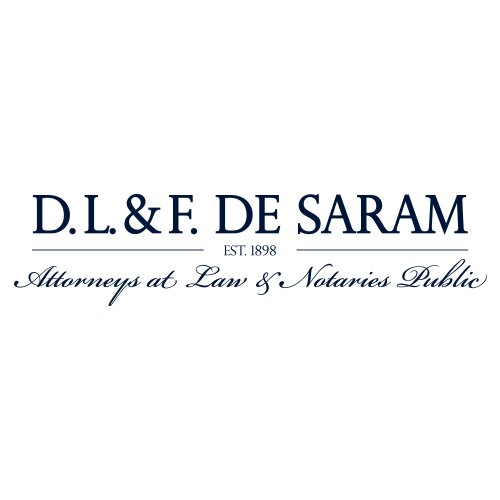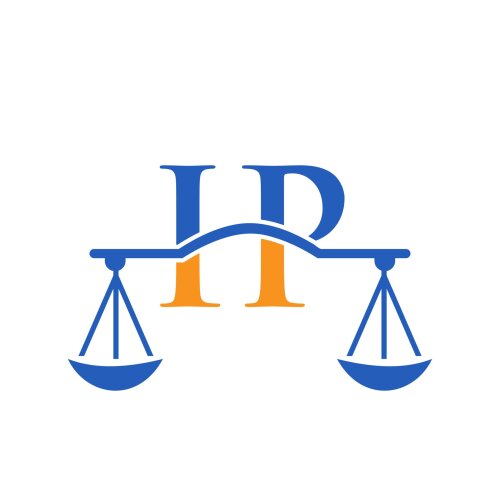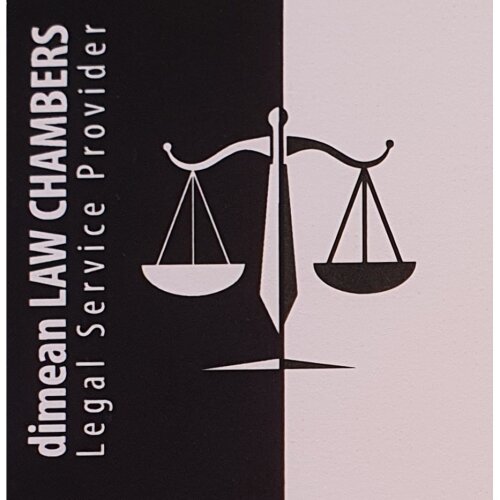Best Trademark Lawyers in Sri Lanka
Share your needs with us, get contacted by law firms.
Free. Takes 2 min.
Or refine your search by selecting a city:
List of the best lawyers in Sri Lanka
About Trademark Law in Sri Lanka
Trademark law in Sri Lanka is primarily governed by the Intellectual Property Act No. 36 of 2003. The Act provides comprehensive protection for trademarks, which are defined as any sign that can distinguish goods or services of one enterprise from those of another. Protection is granted for trademarks that are registered with the National Intellectual Property Office of Sri Lanka (NIPO), and it covers both visible signs like logos and names and non-visible signs in some cases. The protection allows the trademark owner exclusive rights to use the mark, preventing unauthorized usage by third parties.
Why You May Need a Lawyer
There are several situations where seeking legal advice for trademarks may be beneficial:
- Registering a New Trademark: Navigating the registration process can be complex; a lawyer can help ensure that your application is correctly filed.
- Trademark Infringement: If you believe your trademark is being used without permission, legal counsel can assist in enforcing your rights.
- Opposition Proceedings: If someone opposes your trademark registration, a lawyer can help you prepare and present your case.
- Renewal and Maintenance: Lawyers can assist with timely renewals and management of trademark portfolios.
- Licensing and Agreements: Drafting and negotiating trademark-related contracts and licenses.
- Trademark Portfolio Management: Keeping track of multiple trademarks across various jurisdictions.
Local Laws Overview
Sri Lanka's trademark laws offer protection for registered marks and prescribe penalties for infringement. The Intellectual Property Act extends to the rebuffing of unfair competition and counterfeit issues. Critical aspects include:
- Trademark Registration: A mark must be distinctive and not identical or similar to existing registered marks.
- Term of Protection: Initial registration validity is ten years, with subsequent renewals for further ten-year periods.
- Infringement: Legal action can be initiated against unauthorized use of a mark that leads to confusion among consumers.
- Opposition Mechanisms: Third parties may oppose the registration of a new trademark within the specified period.
Frequently Asked Questions
What qualifies as a trademark in Sri Lanka?
A trademark can include words, logos, designs, or a combination that distinguishes an enterprise's goods or services from others.
How do I register a trademark in Sri Lanka?
You must file an application with the National Intellectual Property Office, including a representation of the trademark and a list of goods/services it covers.
How long does it take to register a trademark?
The registration process can take several months to over a year, depending on workload and any opposition proceedings.
Can I register an international trademark in Sri Lanka?
Sri Lanka is part of the Paris Convention, enabling priority claims and reciprocal rights, but an international registration against multiple jurisdictions isn’t directly available.
What should I do if someone infringes on my trademark?
Consider sending a cease-and-desist letter, and if the infringement continues, you may need to initiate legal proceedings.
What is the cost to register a trademark in Sri Lanka?
Fees vary based on the application complexity and number of classes; using a lawyer might introduce additional costs.
Can trademarks be renewed?
Yes, trademarks can be renewed indefinitely in ten-year periods from the initial registration date.
What happens if I don't use my trademark?
A trademark can become vulnerable to cancellation for non-use if not used for three consecutive years.
How does one handle trademark oppositions?
A party opposing a trademark can file an opposition within three months from publication, necessitating a legal response to address any claims.
Are unregistered trademarks protected?
Unregistered marks can gain protection under common law rights through extensive and continuous use, although statutory protection is limited.
Additional Resources
For further assistance and information, consider reaching out to:
- National Intellectual Property Office of Sri Lanka (NIPO)
- World Intellectual Property Organization (WIPO)
- Local Intellectual Property Law Firms
- Sri Lanka Bar Association
Next Steps
If you believe you need legal assistance with trademark matters, consider the following steps:
- Compile all relevant documents and evidence related to your trademark or the issue at hand.
- Research and identify a qualified intellectual property lawyer or law firm specializing in trademarks.
- Schedule consultations to discuss your situation and evaluate potential legal strategies.
- Ensure that legal agreements are clear and your rights are well-protected throughout the process.
Lawzana helps you find the best lawyers and law firms in Sri Lanka through a curated and pre-screened list of qualified legal professionals. Our platform offers rankings and detailed profiles of attorneys and law firms, allowing you to compare based on practice areas, including Trademark, experience, and client feedback.
Each profile includes a description of the firm's areas of practice, client reviews, team members and partners, year of establishment, spoken languages, office locations, contact information, social media presence, and any published articles or resources. Most firms on our platform speak English and are experienced in both local and international legal matters.
Get a quote from top-rated law firms in Sri Lanka — quickly, securely, and without unnecessary hassle.
Disclaimer:
The information provided on this page is for general informational purposes only and does not constitute legal advice. While we strive to ensure the accuracy and relevance of the content, legal information may change over time, and interpretations of the law can vary. You should always consult with a qualified legal professional for advice specific to your situation.
We disclaim all liability for actions taken or not taken based on the content of this page. If you believe any information is incorrect or outdated, please contact us, and we will review and update it where appropriate.
Browse trademark law firms by city in Sri Lanka
Refine your search by selecting a city.

















